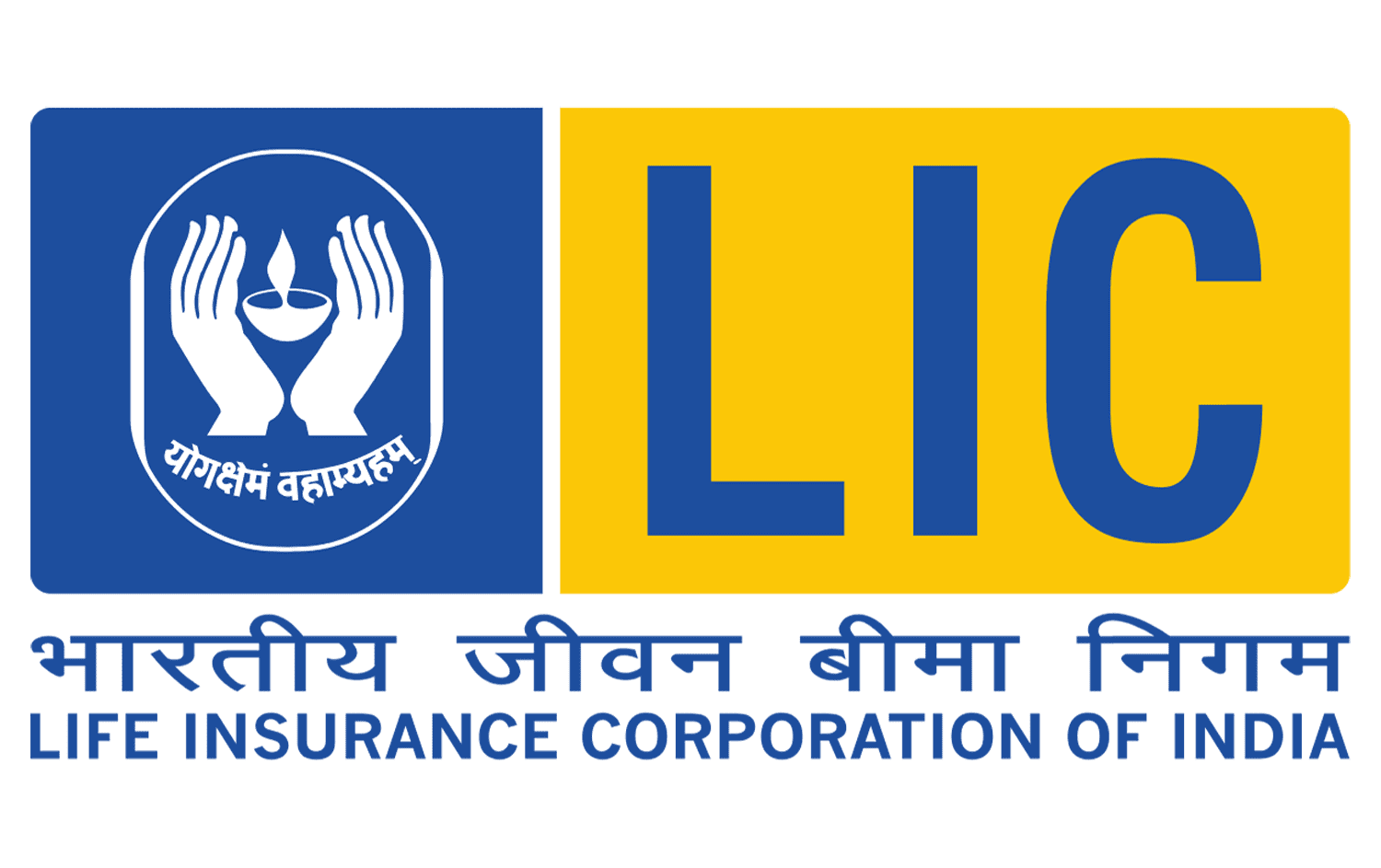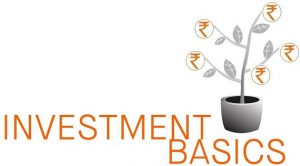It is one of the “Golden advice” given by experts that one should start saving for their retirement as soon as they start earning, but in most cases, this advice falls on deaf ears. Most people start thinking about their retirement and start planning for their retirement savings only when they near their 50s.
Planning and saving for one’s retirement is like running in a marathon race. You should plan and start at a steady pace from the beginning. If you take the right steps from the beginning you can get to the finish line painlessly. However, even if you are a dawdler, you can still reach a decent place in the race if you make the right adjustments at the time.
- The first step is to roughly calculate your requirement. If you haven’t already estimated how much you would need after your retirement, then do it now. This would require you to take into account your current expenses and future needs, your existing investments, savings, and assets, and how long will that corpus last. You should always take into account of inflation rate when you calculate for your future needs.
- The next step is to turbocharge your savings if you find any shortfall after you have calculated your retirement requirements. You can enhance your retirement corpus in two ways. You can either increase your monthly investment/ saving or you can opt for investments that give you higher returns. However, for people who are nearing their retirement, it is best to boost their savings rather than aim for higher returns as there are obvious risks associated with high return investments.
- A classic rule of thumb is to save approximately 35-40% of your earning if you are in the age group of 48-60 years. For people looking to take up a mutual fund investment option, it is best to take a conservative approach. A balanced 50-50 approach (50% equity and 50% debt) would work better if you have at least 10 years for your retirement.
- Saving your money in PF is also a good way to improve your retirement fund along with at least a small percentage invested in equity. If you have just about a decade or so left for your retirement, then you can start investing a bigger portion in equity funds and then slowly move to other safer options as you near your retirement. You can opt for MIPs that give you considerable returns if you don’t want to take high risks.
- Most important part of planning for your retirement is to buy an appropriate and good health insurance for yourself and your spouse. If you do not already have a health insurance then get in touch with an agent right away to buy a plan that suits you the best. This will help you to accumulate a good no-claim bonus by the time you retire.



